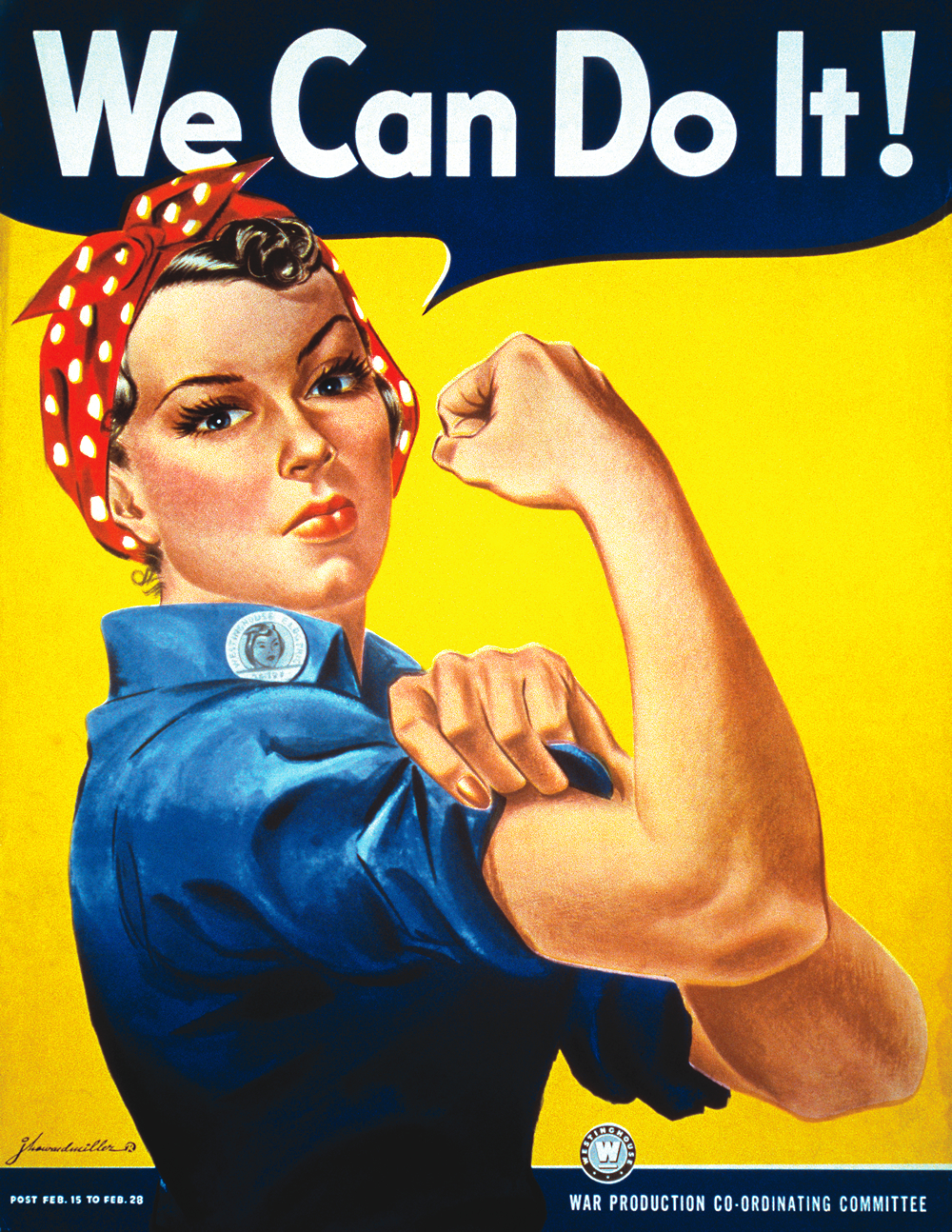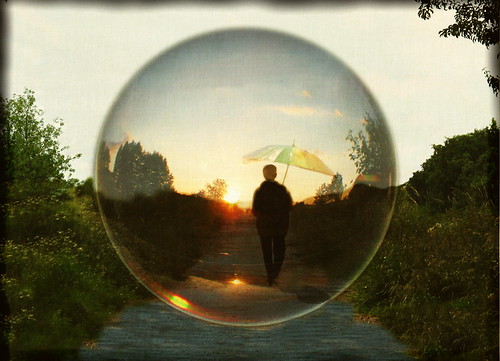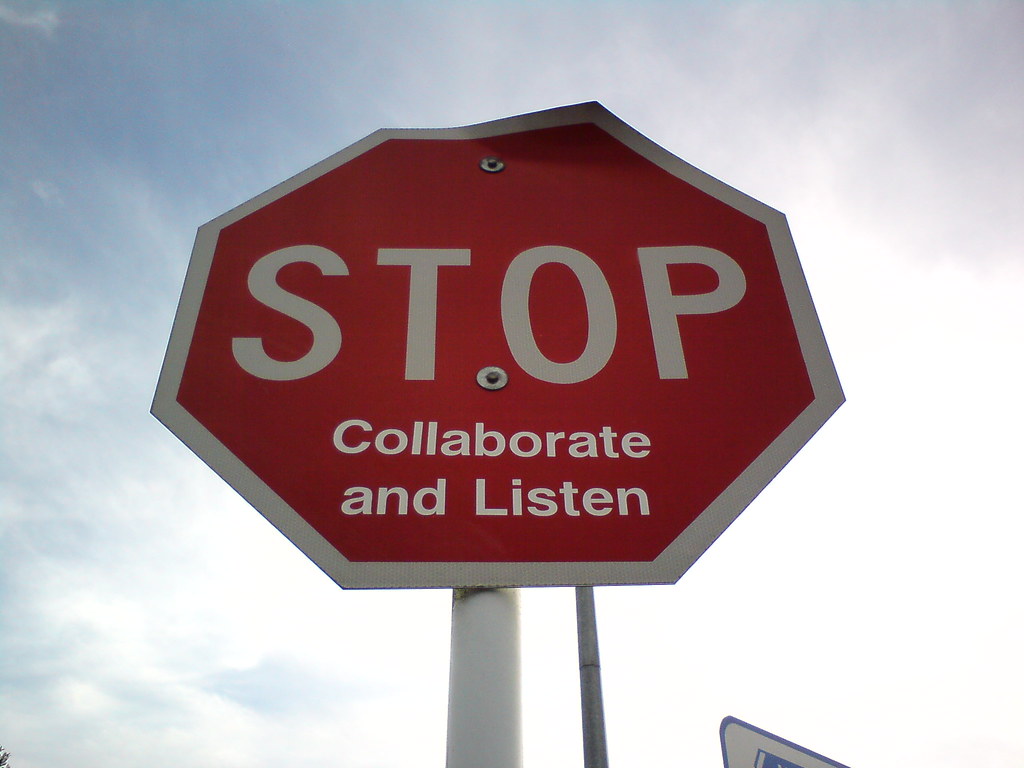Note: I use gender binaries such as women/men and male/female in this post for simplicity's sake, but I understand and recognize there are many more gender expressions and identities out there.
So here is an issue I first thought about around a year ago now. What the heck does "strong female character" or "strong female role model" even mean?
And before you jump to tell me, "That's easy! Strong female role models are independent! They stand up for themselves! They... aren't weak!"
I want you to pause for a second, because I don't know about you, but that sounds an awful lot like the tough guise society has and continues to encourage men to display.
The more I think about it, the more I feel like the idea of "strong females role models" in its current manifestation really just means tough women, (And I'm not saying that there aren't tough women, tough women are bad or that representing tough women isn't important, a diverse range of the representation of females is essential.) it's just that this approach has many pitfalls to it.

There is a lot of pressure on women these days to break free from gender roles, be independent, stand up for themselves etc and taking the argument from above one step further I'm almost inclined to argue this idea of "strong female role models" is actually in some forms a veiled way to try to get women to act more like men.
Because what literally seems to be happening is that we're pushing aspects hypermasculinity on women. And that just seems like all kinds of backwards and wrong doesn't it?
And I'm not arguing that it's bad for women to be all these things. I'm arguing that it's bad to put pressure on women to be these things just as it is bad to pressure men to be these things, especially when they are not.
We know hypermasculinity can be absolutely
toxic. We know it contributes to intimate partner violence, we know it contributes to the disgustingly high instances of rape in the Americas, we know that it boxes boys and men in, in addition to making life for women a whole lot harder.
In short, we know that in the end it's not good for ANYONE. (I get the argument that if it wasn't good for anyone, it wouldn't exist, but I'm saying that even though it can be beneficial to some, in the end, the disadvantages cancel out any advantages there may appear to be)
So how the heck can it POSSIBLY be good to be pushing it onto women?
We're starting to tell both men and women that it's not okay to have vulnerable moments, it's not okay to lean on another, that having relationships and not being completely independent is weak, wrong.
 It's like we're trying to create a world where everyone is in their own separate bubble, where we only interact when we have to, where we bottle everything up and take care of whatever we're feeling alone.
It's like we're trying to create a world where everyone is in their own separate bubble, where we only interact when we have to, where we bottle everything up and take care of whatever we're feeling alone. And I have to say that would probably the worst thing ever.
I've come to realize loving, connecting with other people and beings is one of the most fulfilling things a person can do.
And that's not to bash alone-time, that is also super important. So I guess what I'm trying to say is that both connecting with others and having time for yourself is really important and as of now, it seems like we're focusing much too heavily on turning everything into alone.
There's already so much violence and hate out there, we don't want to push this tough guise onto women, too and create the same problems with us as there are with men.
Because in the end, not only does pushing toughness make it more likely for the individual to hurt others, but it also hurts them too.
We don't necessarily have as much to say on this subject for women as for men, but at the very least, it's made it so at least one female in the spotlight is or was so afraid of being characterized as "weak" (and therefore bad role models or whatnot) that she refused to call an ambulance even when she feared she was dying. (And yes one can argue on both sides whether or not she is a good role model, but that is not the point).
I'd like to take a moment here to shine a spotlight
on the way this adversely affects Black women specifically.
The "Angry Black Woman" stereotype creates a lot of problems for them. It means it's a lot easier for them to be considered aggressive or angry, it means instead of listening to them people often get freaked out and tell them to "calm down" yet when a man does the same thing he is "assertive" and applauded for it... Double Standard anyone?
However what might be the biggest thing is that not all Black women want to be strong all the time, but because of the stereotype they are treated as if they are and so that becomes their only choice.
And everyone knows about how exhausting it is to constantly play the role of someone you're not.
This is just one of several ways Black women's voice's are erased.
So the next time you're speaking to someone, especially if it's to a minority about the oppression of minorities, just stop and listen for a moment. You are entitled to an opinion of course, but they are also entitled to theirs and if they aren't given the chance to express that opinion you are taking part in the oppression.
 As my friend's really awesome mom taught him, when trying to have a fair conversation you need to listen to what everyone else has to say in addition to spewing out what you believe.
As my friend's really awesome mom taught him, when trying to have a fair conversation you need to listen to what everyone else has to say in addition to spewing out what you believe. Like this post? Then please press those g+1 buttons, share on social media and comment, I'd love to hear from you! Look out for Part II coming in a week or so. (I promise)


